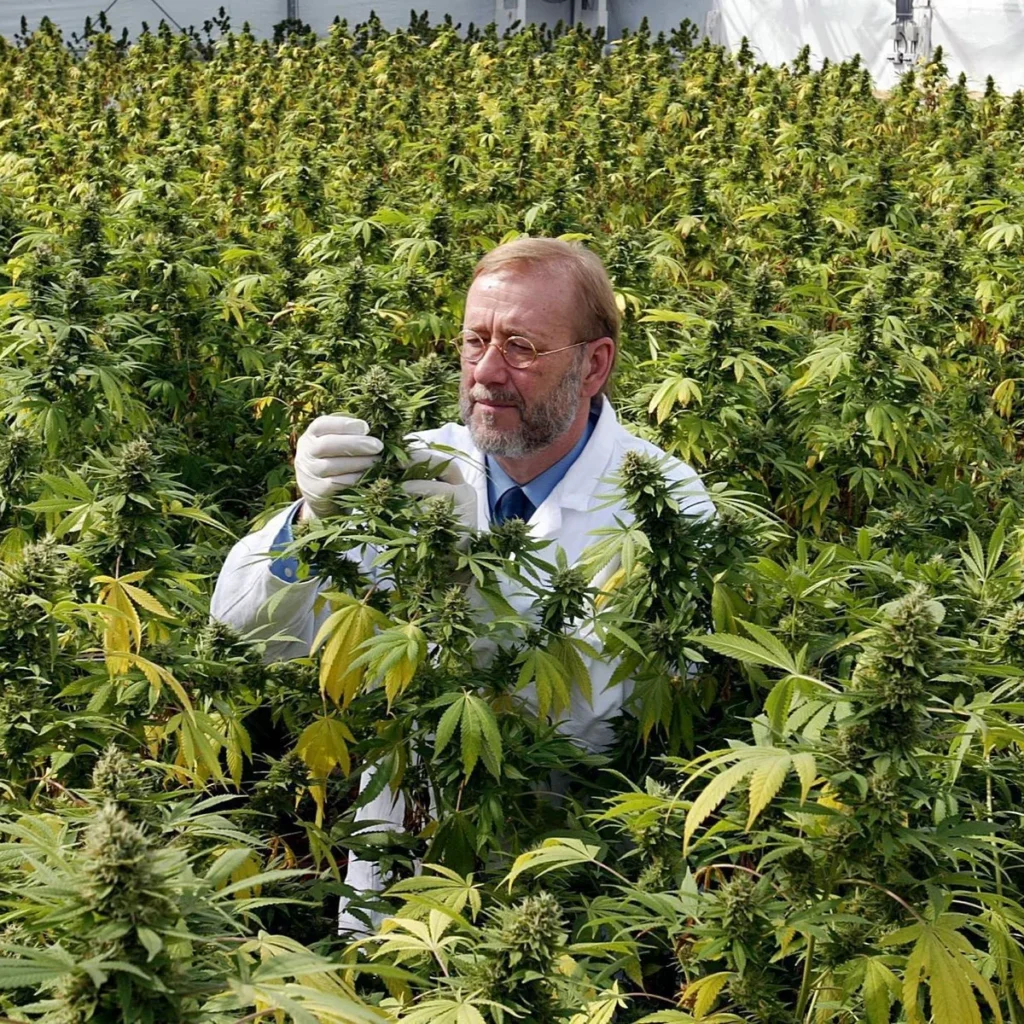Discovering Weed in Hunedoara: Exploring Cannabis Use and Its Legal Landscape

Hunedoara, a city located in western Romania, is known for its historical significance, rich cultural heritage, and industrial roots. However, just like in many parts of Romania, the issue of cannabis use and its cultural implications have become subjects of increasing discussion and curiosity, particularly among younger generations on discover weed in Hunedoara.
In this article, we will explore the current landscape of cannabis use in Hunedoara, the legal framework surrounding cannabis in Romania, and the possibility of future change in the region on discover weed in Hunedoara.
Cannabis in Romania: An Overview of the Legal Framework
Romania’s approach to cannabis remains strict. The legal consequences are even more severe for those involved in trafficking or distributing the drug on discover weed in Hunedoara.
However, the law has evolved slightly in recent years, particularly when it comes to medicinal cannabis. In 2018, Romania passed a law permitting the use of medical cannabis for certain health conditions. Although medical cannabis is legal in Romania under strict regulations, access to such products is tightly controlled, and only licensed physicians are authorized to prescribe them on discover weed in Hunedoara.
Despite the legalization of medical cannabis, the use of cannabis for recreational purposes remains prohibited, and there has been little movement towards changing this stance in Romania.
Cannabis Use in Hunedoara: A Discreet Presence
Although cannabis use is illegal in Romania, its presence is felt in smaller cities like Hunedoara, especially among young people.
For many young people in the area, cannabis serves as a way to cope with the pressures of daily life.
Many people are hesitant to acknowledge their use of cannabis due to the fear of judgment or discrimination.
Cultural and Social Barriers to Cannabis Legalization
Like much of Romania, Hunedoara’s cultural norms are shaped by traditional values, including strong family structures and religious beliefs. These values contribute to a widespread rejection of drug use in general, and cannabis is no exception. The perception of cannabis as a harmful or immoral substance is deeply ingrained in many communities.
Despite these cultural and social barriers, there is a growing movement among younger Romanians to push for cannabis reform.
The Future of Cannabis in Hunedoara: Possibilities and Challenges
Looking to the future, the outlook for cannabis in Hunedoara is uncertain.
On the other hand, global trends toward cannabis reform could eventually reach Romania, including cities like Hunedoara.
In Hunedoara, young people are increasingly exposed to global cannabis culture through the internet and social media. This could lead to greater acceptance of cannabis use and, potentially, a shift in local attitudes toward drug policy. However, any significant change will require overcoming the deeply rooted social and cultural barriers that currently exist in Romania.
Conclusion
Cannabis use in Hunedoara, as in much of Romania, remains a complex and sensitive issue. While there is a quiet demand for cannabis, the drug is heavily stigmatized and remains illegal for both recreational and medical use. Cultural and social barriers, including the influence of traditional values and negative media portrayals, make it difficult for the conversation around cannabis to progress.

When it comes to marijuana products, ScentHub offers an extensive selection of some of the highest quality items I’ve come across. I’ve tried a variety of strains, edibles, and concentrates, and the quality has consistently been outstanding. The flowers are always fresh, fragrant, and potent. I’ve had the chance to try both Sativa and Indica strains, and the effects have been exactly as described. Contact them on email: Scenthub43@gmail.com and also there Telegram : t.me/Scenthub43
Wow they have an option for me. The variety in their selection means that no matter my experience level, I’ll find a product that fits my needs. highly recommended .
I can say without hesitation that ScentHub has earned my loyalty. From the quality of the products to the exceptional customer service.

I’ve had a number of experiences where edible products don’t quite deliver the promised effects or leave an unpleasant aftertaste, but that’s not the case with ScentHub. The gummies, chocolates, and drinks I’ve tried have all been potent, flavorful, and consistently effective. The packaging is also informative, making it easy to understand the dosage and what to expect from each edible, Thank you !!!
They also don’t pressure you into buying anything you’re not ready for, which is a huge relief. It feels more like a conversation with a trusted friend rather than a hard sell. highly recommended!!